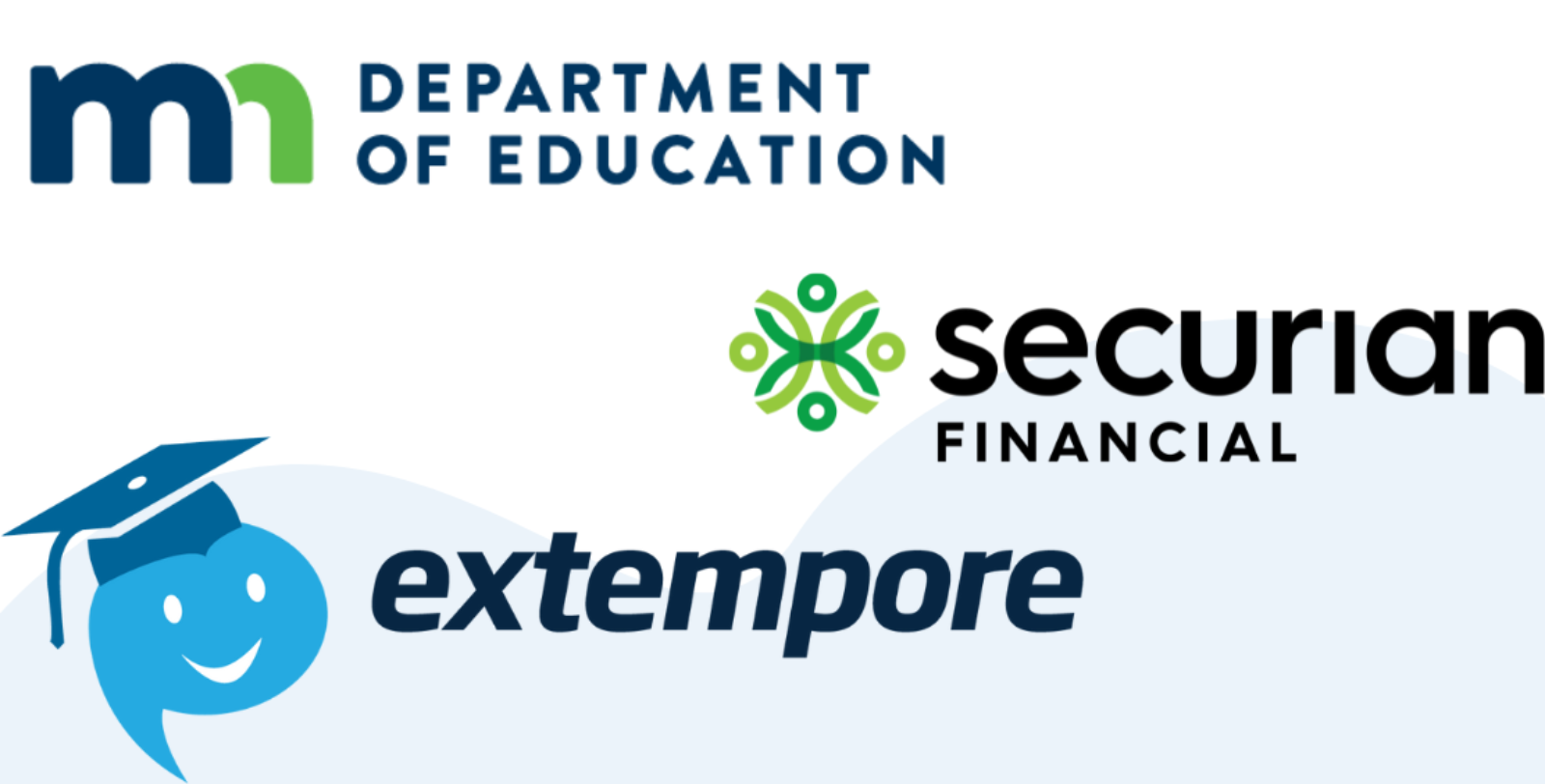
It turns out they can, and rather accurately. Paula Winke (2014), from the University of Michigan, studied how a group of learners’ self-ratings of their oral performances in Chinese compared to the ratings provided by two Chinese language experts. She found that learners’ self-assessments largely coincided (roughly 90% of agreement) with those of the expert evaluators.
We have encouraged students’ self-assessment of oral performance in Extempore-based tasks repeatedly in this blog. See for example our post about engaging students in self-assessment and self-reflection of their oral skills, or our post about using Can-Do Statements to self-monitor language development. The inevitable questions are whether students’ judgements about the quality of their work are reliable and whether engaging in this process leads to language development – after all, they may not be using the target language to reflect on their performance.
The answer to the first question is that, if students (at least adult students) are coached in what self-assessment means and what it looks like, they are surprisingly accurate evaluators of their own performance. Yu-Mei Chen (2008) found that the first time a group of university Chinese language learners were asked to self-evaluate their oral performance their ratings differed considerable from those of their teacher. The second time around, however, their judgments were more aligned.
Regarding the second question, whether the process of evaluating one’s own speaking can lead to target language development, we can argue that it gives students an opportunity to deepen their understanding of the process of learning a language. With well-structured self-assessment and self-reflection tasks, students engage in their learning process in a constructive way, paying attention to their strengths and areas for improvement. Thus, evaluating their own performance on a task promotes self-regulated learning, which in turn can make them better language learners. Also, when instructors listen to learners’ performances, together with the outcomes of their self-evaluations, we can give more fine-tuned feedback and suggestions for further work.
Students can be good judges of their speaking ability. Not only does the practice of self-assessment make our grading load lighter, but it promotes learners’ self-regulation and language development.
Chen, Yuh-Mei (2008). Learning to self-assess oral performance in English: A longitudinal case study. Language Teaching Research, 12(2), 235–262.
Winke, Paula (2014). Formative, task-based oral assessments in an advanced Chinese-language class. In Marta González-Lloret and Lourdes Ortega (eds.), Task-Based Language Teaching: Technology-mediated TBLT: Researching Technology and Tasks, 263–294. Amsterdam: John Benjamins.


